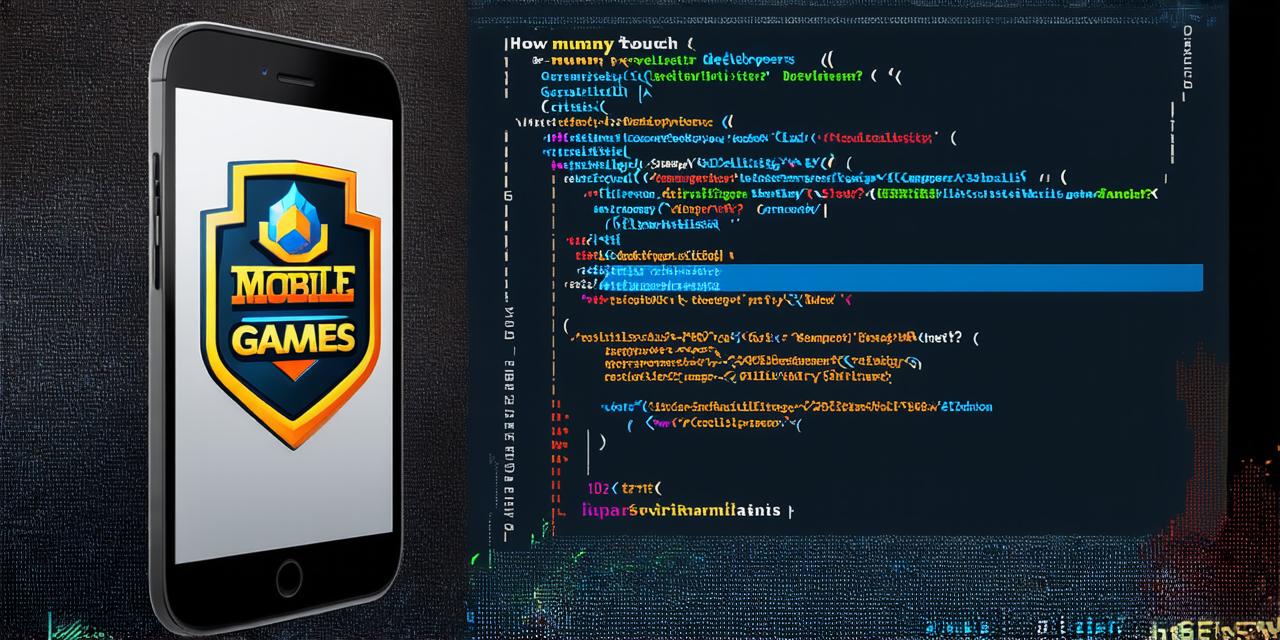If you are interested in game development, you know that choosing the right programming language is essential. There are many different programming languages out there, and each has its own strengths and weaknesses.
1. C++
C++ is one of the most widely used programming languages in game development. It is a high-performance language that is capable of handling complex calculations and graphics rendering. This makes it ideal for creating 3D games that require fast processing speeds and smooth graphics.
One of the main benefits of using C++ in game development is its ability to optimize code for performance. C++ allows developers to write code that can be compiled directly into machine code, which means that the resulting executable file is smaller and faster than it would be if it were written in a higher-level language.
C++ also has a large community of developers who contribute to its development and provide support for game developers. This makes it easy to find help when you need it and ensures that there are plenty of resources available to help you learn the language.
However, C++ can be difficult to learn and requires a strong understanding of programming concepts such as pointers, templates, and object-oriented programming. It also has a steep learning curve, which means that it may take some time to become proficient in the language.
2. Unity
Unity is another popular programming language used for creating video games. It is a cross-platform game engine that allows developers to create games for multiple platforms, including Windows, Mac, iOS, Android, and consoles.
One of the main benefits of using Unity in game development is its ease of use. Unity has a simple and intuitive interface that makes it easy for beginners to get started with game development. It also comes with a large library of pre-built assets and tools that can be used to create games quickly and easily.
Unity also supports scripting in C, which means that developers can use the language they are most comfortable with when creating games. This makes it easier for developers who are already proficient in C++ or other languages to transition to Unity.
However, Unity can be slow compared to other game engines and may not be suitable for games that require high performance. It also has a limited number of features compared to some other game engines, which means that developers may need to write additional code to add functionality to their games.
3. Unreal Engine
Unreal Engine is another popular game engine that is used for creating video games. It was developed by Epic Games and is known for its high-quality graphics and realistic physics simulations.
One of the main benefits of using Unreal Engine in game development is its support for advanced graphics technologies such as ray tracing and real-time global illumination. These technologies allow developers to create games with incredibly realistic lighting and materials, which can make a huge difference in the look and feel of the game.
Unreal Engine also has a large community of developers who contribute to its development and provide support for game developers. This means that there are plenty of resources available to help you learn the language and troubleshoot any problems you may encounter.

However, Unreal Engine can be difficult to use and requires a strong understanding of programming concepts such as object-oriented programming and data structures. It also has a steep learning curve, which means that it may take some time to become proficient in the language.
4. HTML5
HTML5 is a relatively new programming language that is used for creating games that can be played in web browsers. It was developed by W3C and is designed to make it easy for developers to create interactive and engaging content for the web.




